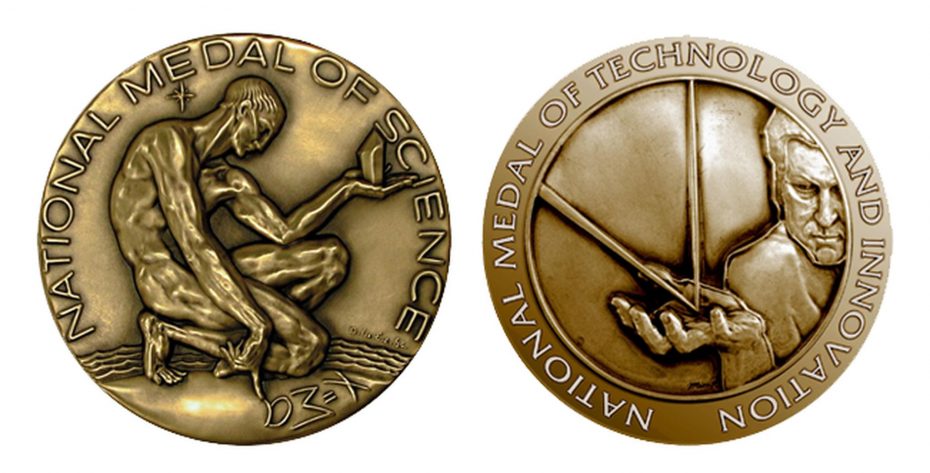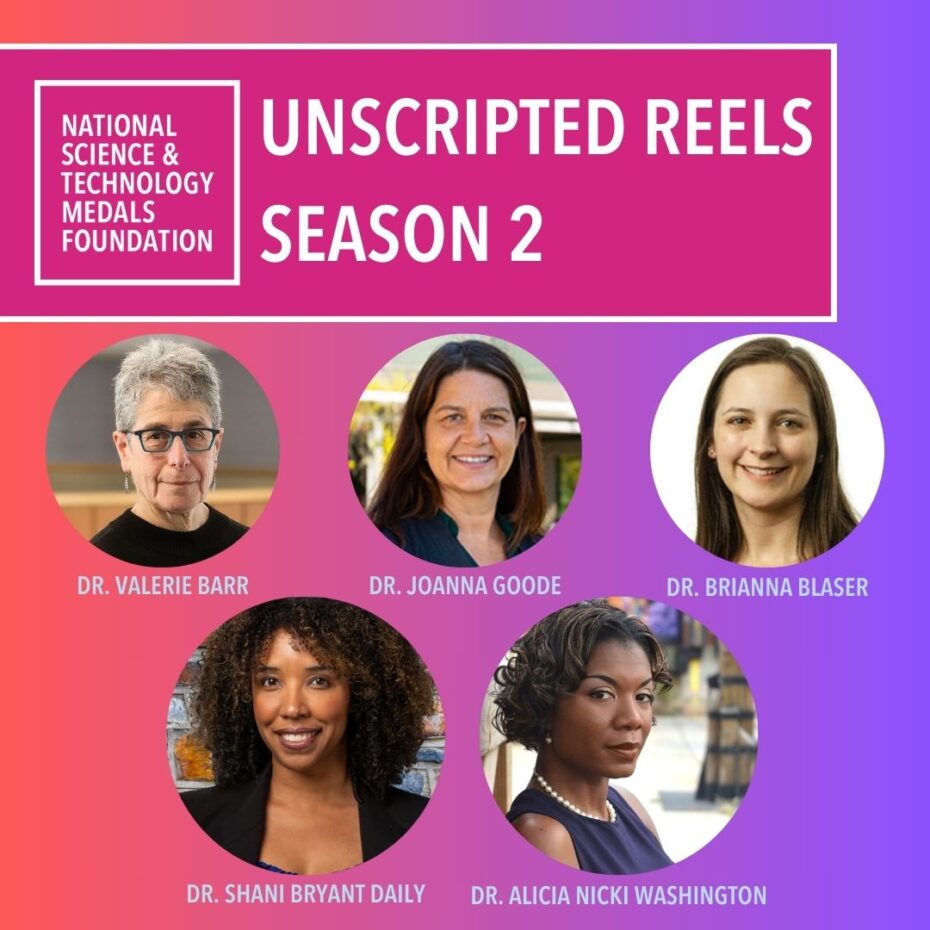Editor’s note: The NSTMF blog series invites members of our expert communities to write on topics that they feel passionately about as part of our effort to highlight more voices and offer perspectives from across the STEM spectrum.
The world is experiencing a climate emergency and the time for procrastination is over.
After decades of neglecting the impact of human behavior on the Earth’s climate, we are witnessing an exponential increase in extreme weather events across the globe. At the same time, the ongoing Covid pandemic has taught us how vulnerable we are to diseases that result from diminishing boundaries between wildlife and human habitats.
As a collective, scientists have played a central role in uncovering the causes of climate change and disseminating this information. And, yet, we continue to drag our feet in adopting more carbon-neutral behaviors.
The first step in bringing about needed change is understanding which are the most CO2-intensive activities within the scientific community.
In contrast to the historic image of the “lone scientific genius,” modern science is a highly social activity that traditionally involves continuous travel for the interchange of ideas and information. All well and good, but, surveys from academic institutions indicate that professional travel contributes to a disproportionate percentage of total campus CO2 budgets – with estimates as high as 75%.
Some researchers argue that in-person attendance at conferences has been a critical component of their most important scientific breakthroughs, in particular facilitating serendipitous insights that come up through casual conversation. Yet, unnecessary travel is detrimental to the health of the planet and comes at an enormous cost with regard to personal time, energy, and money.
The overall costs of in-person attendance at most conferences are prohibitive, primarily available to well-funded researchers and from wealthy countries. This factor negatively impacts equity and greatly impedes the full participation of students and professionals from other and third-world countries.
At the intersection of this climate crisis and the COVID-19 pandemic is an opportunity for reflection and perhaps space for a new normal to emerge, one that is more person-centric and carbon-conscious.
Younger scientists recognize that professional travel, seen as an essential component of initiating their careers, overlaps with the time of family formation and the raising of young children; this is most obvious in the case of women scientists but young men today are also doing a much greater share of child care. Preprints are increasingly being used for rapid dissemination of new research findings, as an alternative to the traditional first disclosure at scientific conferences.
The last year and a half of COVID-19 has led to the development and adoption of new technologies that enabled communication to continue in almost all venues – from small group meetings to large conferences. While most of us miss the in-person interactions (yes!), there is almost universal agreement that virtual gatherings and meetings have kept the scientific enterprise going during a very difficult time. In the course of this rapid transition, the majority of scientific societies have developed a range of practices for remote communications.
We are currently at a key juncture, as the United States (and the world) begins to return to pre-pandemic behaviors. Though most of us feel hungry for the pleasure of in-person venues, we are also waking up to the fact that our own excessive travel is contributing to the global climate emergency.
In their recent article (Dua et al., FASEB BioAdvances 3, 420, 2021), the authors provide a thoughtful outline and analysis for what appears to be a growing consensus: that future scientific interactions must and will involve some combination of remote and in-person interactions.
There is not a minute to lose in tackling the negative impact of unnecessary and persistent travel on climate change:
- Make hard choices regarding each instance of continued professional travel and choose only the venues that appear essential.
- Contact the leadership of your primary scientific societies, laying out the urgency of the moment and asking for their commitment to maintain a significant hybrid component in their organization of future conferences.
- Stress a cooperative sharing of the best practices for remote communication gained during the last year as societies move forward from Covid.
Advocate now for new best practices that will continue and enhance the effectiveness (and fun!) of remote scientific interactions. You will be contributing important momentum to urgently needed action to limit the damage to our planet from global warming.
Judith Klinman is a National Medal of Science Laureate and a Chancellor’s Professor at UC Berkeley.




